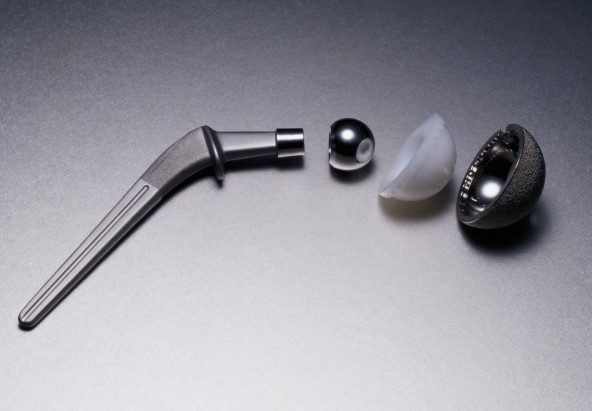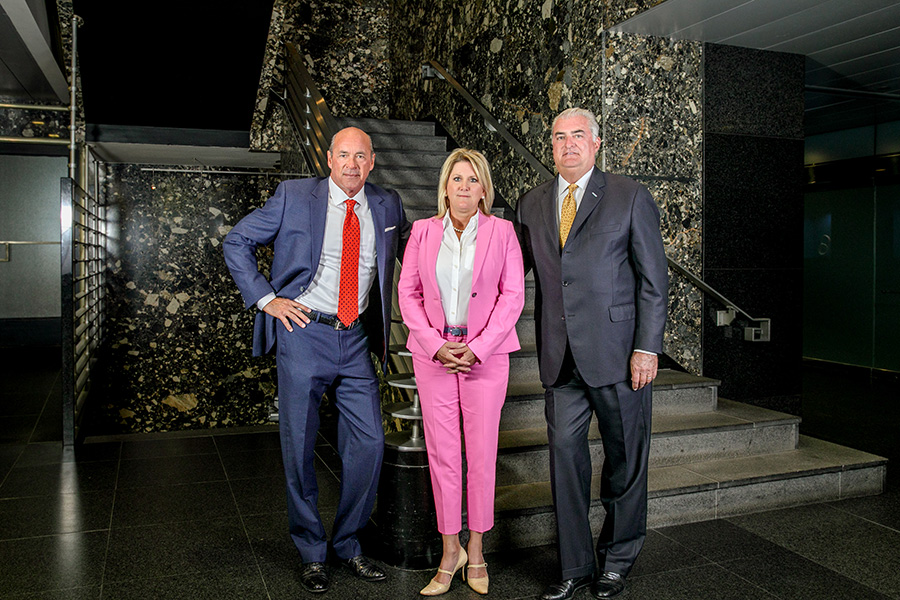Burch, George & Germany Part of $2.5M Oklahoma DePuy ASR Trial Verdict

This case was tried earlier in the month, separately from some 7,000 lawsuits that were consolidated in a Multi- District Litigation (MDL) proceeding that allowed DePuy Orthopedics and its parent company, Johnson & Johnson, to pay settlements and end litigation.
This case (Andrea Smith v. DePuy Orthopedics, Inc. and Johnson & Johnson, Case Number: CJ-2011-5804) was only the third such “opt out” case pertaining to ASR artificial hips to go to trial.
The positive verdict for the plaintiff affirms our firm’s belief that lawsuits pertaining to the DePuy ASR XL hips and other allegedly defective medical devices can move forward successfully outside of consolidation agreements.
The plaintiff, Andrea Smith, was represented at trial by Derek Burch of Burch, George & Germany of Oklahoma City, and Joe White and Charles Weddle of White & Weddle, also of Oklahoma City. Attorneys involved in the MDL, as well as consolidated cases in Illinois and California, and Matt Davis of the Walkup firm in San Francisco, also assisted in the plaintiff’s case.
Implant Surgery in 2006
Mrs. Smith’s first implant surgery was in October 2006 and the second was in February 2007. She underwent revision surgeries to remove and replace the artificial hips in 2011 and 2012. Prior to the revision surgeries, she had significantly elevated metal ions in her bloodstream, a sign that the metal-on-metal hip implants were degrading.
DePuy contended at trial that its devices were not defective and that Mrs. Smith required revision surgeries because of a “toe-in” gait on one side and a frayed medical cable, used to repair a fractured femur, on the other.
The jury agreed with Mrs. Smith’s claim that the ASR hip implant was defectively designed, but found for DePuy on the claims for negligence and failure to warn. Jurors found no basis to award punitive damages against DePuy.
This is the second verdict in favor of the plaintiff in a DePuy ASR opt-out case. In both cases, the plaintiff prevailed on the claim that the device was defective, but lost on the negligence claim. Neither jury awarded punitive damages. A third opt-out case went to trial and resulted in a defense verdict based on a specific causation defense.
Burch, George & Germany is proud to have been of assistance to Mrs. Smith and others we have helped in defective medical device cases. If you believe you or a loved one has been harmed by a medical device that did not function as it should have, please contact us as soon as possible to set up a free legal consultation about your case.
Blog CATEGORIES
Let's Talk About It
Speak with an experienced attorney at no cost to you

